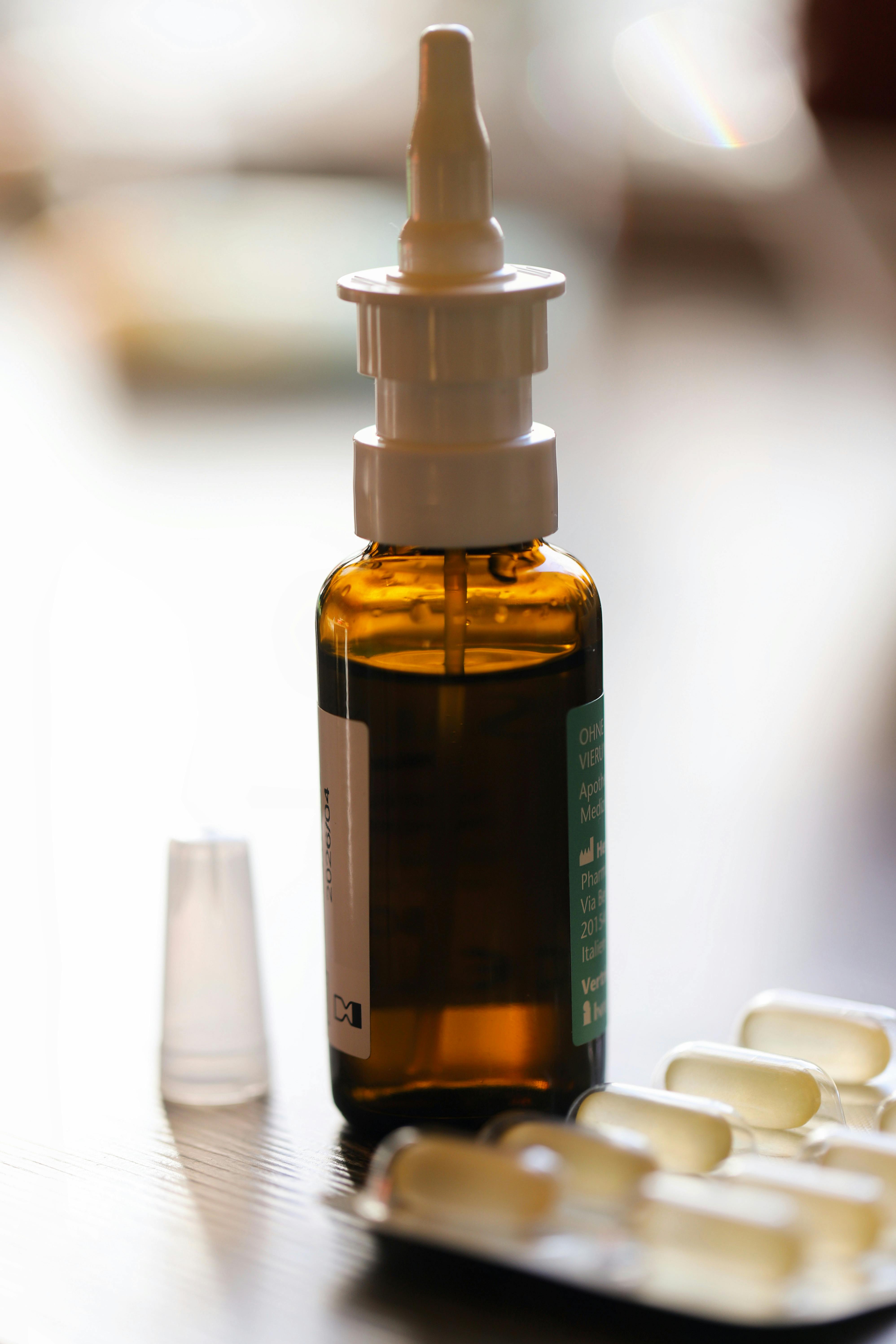Have you been told you’ve got IBS… but your symptoms never seem to go away, even when you try a low FODMAP diet and other approaches?
There’s a reason for that—1 in 3 IBS cases could actually be caused by something called SIBO.
And the worst part? Most doctors don’t test for it.
At Diet vs. Disease, we’ve tested and treated this in thousands of clients across North America, Australia, and Europe — and in this article, you’ll learn exactly if you should suspect SIBO, how to test for it, and what your results actually mean.
Here is a video we made, otherwise there is a written version underneath.
What Is SIBO (And Why Should You Care)?

SIBO stands for Small Intestinal Bacterial Overgrowth — and it’s exactly what it sounds like.
You have bacteria in your small intestine, where there should only be a minimal amount. When too many bacteria colonize this area, they start fermenting foods prematurely, leading to bloating, diarrhea, constipation, abdominal pain, or even nutrient deficiencies like low iron.
The symptoms are almost identical to IBS, which is why most people never realize they have SIBO.
Let’s back this up with some data:
A 2023 review in PubMed found that 34% of people with gut issues tested positive for SIBO using a breath test (1). While another study from France found 36.4% of IBS patients actually had SIBO. That’s over 1 in 3 people being misdiagnosed and mistreated (2).
The reviews also found that SIBO is more likely in people who:
- Have a history of food poisoning
- Take proton pump inhibitors (PPIs)
- Have IBS with diarrhea (IBS-D)
- Are over age 60
- Experience chronic bloating or low iron
Summary: Many people diagnosed with IBS may actually have SIBO. This condition is highly underdiagnosed, yet it’s testable, treatable, and reversible with the right steps.
Step 1: Get Tested For SIBO And Know What The Results Mean

The only reliable way to diagnose SIBO is through a breath test, and here’s the most important part:
You don’t just want to know if SIBO is present…
You need to know what kind of gas is being produced in your gut because that completely changes how we treat it.
That’s why we walk every client through their breath test results, so they know exactly what’s going on.
To break it down, there are three gases we look for:
- Hydrogen – linked to diarrhea and bloating
- Methane – linked to constipation
- Hydrogen sulfide – less common, but can cause a mix of symptoms
Think of your digestive system like a freeway. Hydrogen-producing bacteria are like reckless drivers speeding and weaving through traffic — they cause diarrhea and bloating.
Methane producers are the slow drivers hogging all the lanes — they back everything up and cause constipation.
And when both show up? It’s like rush hour chaos with no way out — symptoms flip between extremes, and it’s nearly impossible to predict what your gut will do next.
And that’s why this kind of testing is crucial because it tells us not only if SIBO is present, but what type, and that changes how we treat it.
Summary: A breath test can confirm not only if you have SIBO, but also whether your symptoms are caused by hydrogen, methane, or a mix of gases. That’s the key to choosing the right treatment path.
Would you also like help navigating your food triggers with SIBO?
Tap the blue button below to download our “Eat This, Not That” list as well as additional resources for SIBO (it’s free!)

Step 2: Understand That SIBO Often Comes Back — So Support Recovery Properly
Let’s say you’ve been diagnosed and treated for SIBO.
Here’s what most people (and many doctors) miss: SIBO has a very high recurrence rate at around 30% or more.
Why? Because unless the root cause is fixed, like slow motility, underlying inflammation, or diet triggers, it often comes right back.
Just like finding mold behind a wall and not fixing the leak… it’s going to grow again.
What we’ve found is that people who don’t get retested and don’t support their gut afterwards end up back at square one. That’s why we include structured reintroductions, symptom tracking, and gut-lining support in our SIBO recovery programs.
Summary: SIBO often recurs after treatment. To prevent this, you need retesting, gut support, and symptom-guided food reintroductions. Skipping this step means likely starting over.

Step 3: Treat SIBO With The Right Protocol (Antibiotics vs Antimicrobials)
Treating SIBO isn’t just about wiping it out once and hoping for the best.
It’s about doing the right treatment… and then supporting the gut so it doesn’t come back. So, how do you actually treat SIBO?
There are two main treatment paths:
- Antibiotics, usually prescribed by a gastroenterologist
- Or natural antimicrobials, which take a bit longer but can be gentler on the gut
Both can be effective, but what matters most is choosing the right one based on your test results, your symptoms, and your history. That’s why this isn’t a one-size-fits-all approach.
At Diet vs Disease, we also:
- Pair treatment with a temporary Low FODMAP protocol
- Use targeted probiotics when appropriate to help reduce symptoms and inflammation while the bad bacteria die off
- Help you reintroduce foods step-by-step after symptoms settle
If you skip those steps even after treatment, you could end up right back where you started.
Bloated. Frustrated. Confused. That’s why this process matters.
Summary: Effective SIBO treatment isn’t one-size-fits-all. Choose the right approach (antibiotics or antimicrobials), support your gut during recovery, and reintroduce foods the right way to prevent recurrence.
Step 4: Don’t Rely Solely On Your Doctor — Many Still Miss This
Now here’s the reality of the situation for almost all patients today and what really frustrates us…
Still to this day, many doctors dismiss SIBO altogether. They’ll either:
- Say, “It’s just IBS, live with it.”
- Prescribe antibiotics without a test, which is risky because if it’s not SIBO, antibiotics can actually make things worse.
- Or prescribe antibiotics with no dietitian involvement through the process, which ends in recurrence.
We’ve had so many clients who, when they start with us, say something like: “No one ever told me about this process.” And that’s the problem, SIBO still isn’t routinely checked, even though it’s common, testable, and treatable, and it’s evidence-based.
Summary: SIBO is still underdiagnosed by the mainstream healthcare system. But with the right test, treatment, and support, it is a manageable and treatable condition.
What Should You Do Next?
If you’re stuck with unexplained bloating, constipation, or diarrhea — especially if you are older than 60 and your symptoms came on after food poisoning, antibiotic use, or never improved with a low FODMAP diet— don’t keep guessing.
If you want to learn more about how we might be able to help you, I invite you to apply for a nutrition assessment call with us.
SIBO and related digestive disorders are what we specialize in, and we are the world’s leading team to do this online.

Leave a Reply